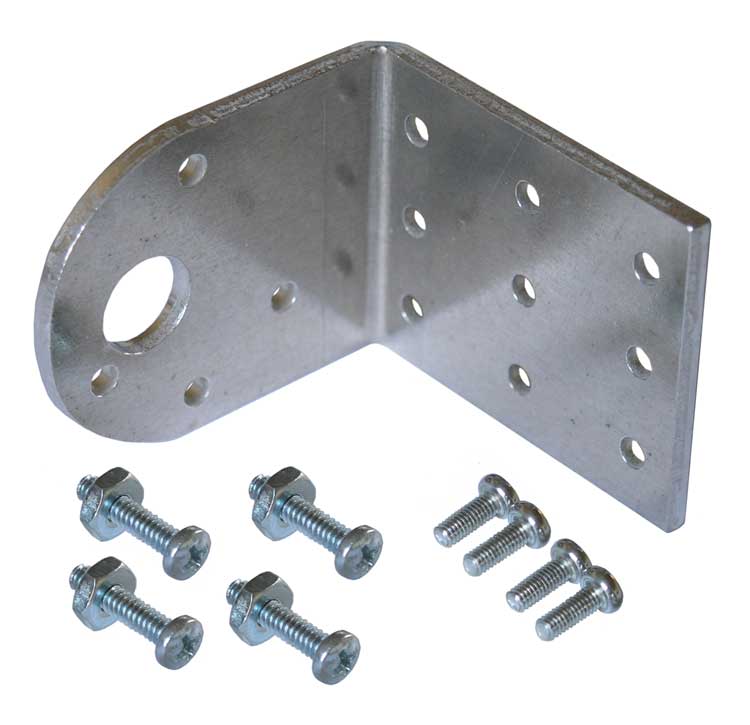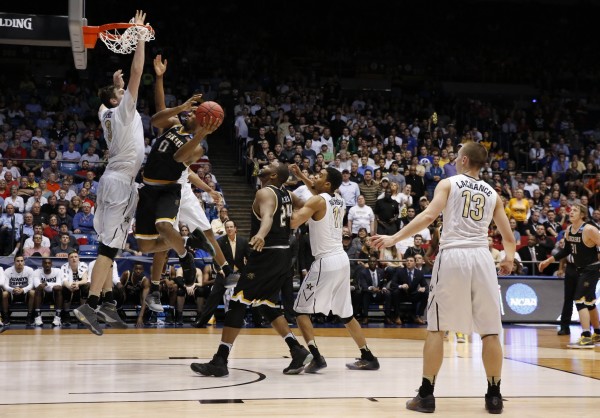John Stevens is a featured writer for Rush The Court.

- We love brackets of all types! (photo credit: alibaba.com)
For the next 72 hours you’re going to be bombarded with advice on how to fill out your NCAA Tournament bracket. It’ll be a steady diet of punchy one-liners like “Always pick 12s against 5s!” and “Ones always beat sixteens!” Sure, there’s some good advice out there. Some of it’s pretty obvious. And some of it just blows. I’m not saying I’ve got the market cornered on how to pick a perfect bracket, and you should beware anyone who makes that claim. But I think it’s good to take a quick look at some of what these so-called experts are telling you.
First, there are two things we can accept as axiomatic and move on:
1) One-seeds always beat 16s.
2) All four one-seeds almost never get to the Final Four (we know last year is the exception).
Right. We get it. Anyone who uses one of those as a selling point in their analysis is someone you should ignore. If you’re reading a piece on NCAA tournament bracket-filling advice, it’s certain that you already have those pieces of information. It isn’t news to you. So let’s move on…
ALWAYS TAKE 12-SEEDS
Wrong. This is my favorite piece of bracket-building advice. It’s a fad statement because of how, in the past several years, 12-seeds have almost always scored at least one victory against 5-seeds in a given tournament. Most people take this too far and choose three or even all four 12s to move on in their brackets. But according to BBState.com (a hoops stat nerd’s wet dream — this means you, rtmsf), the all-time record for 12s against 5s is a discouraging 34-83, or about 29%. This means that you’re completely justified picking a single 12-seed that you’ve got a hunch about to score a win over a 5, but leaving the rest alone. If you choose right, great! You showed those punk opponents of yours how it’s done. Worst-case scenario if youre wrong is you drop a couple of points if another 12 that you didn’t select pulls off the upset. Chances are, one 12 will pick up a win. So I wouldn’t leave it alone and take all the 5s. But choose a SINGLE 12-seed, and don’t sweat it if you’re wrong.

- 2008 Version of WKU. Are they a 12 over a 5 this year? (photo credit: cbc.ca)
THE NCAA TOURNAMENT IS ABOUT UPSETS
That isn’t necessarily an untrue statement, since we all love a good tournament upset unless it’s our alma. Those stories are often what make the event so special and add to its legend. But it does not apply to bracket-building. Notice how most brackets have increasing point values as the rounds progress, i.e. you get a single point for correctly picking a first-round winner, two points for a second-round winner, etc. So if you have a bunch of upset-picks advancing to later rounds, since higher-seeded teams usually end up rising to the top, all you’ve done is penalize yourself in the big-reward games. Some bracket competitions assign even higher point values than I’ve mentioned above (8 points for a correct Final Four pick, 15 for a national champion, and so on) so it’s more important in those systems. The payoff, then — keep the upsets limited to the first round and maybe the second where you can’t get hurt much if you choose wrong. Now, I’m not telling you pick a totally worthless and boring bracket where the “better” seed always wins. That’s the height of douchebaggery. This is indeed about having fun, and it’s fun to pick a couple of mid-major upstarts to stick it to one or two BCS goons for a round or two. It adds meaning to games you might not even watch or care about under any other circumstance. If you’re wrong, and your favorite 10-seed doesn’t make it to the Sweet 16 and that 14 doesn’t score that first-round victory you predicted, big deal. It’s your bracket and you took the chance. But if you care about winning, keep that stuff in the early round games, and fill in your later rounds with more established programs.
CHOOSE A CHAMPION WITH GOOD GUARDS
A generic piece of advice. Otherwise stated as “You have to have good guard play to win the title.” What are you going to do, choose a team with bad guards? Even if the person espousing this really means that you should choose a championship team and/or Final Four teams that are “led” by guards, be careful. Look at every champion crowned in the 2000s. Every one of them has forwards and/or centers who meant just as much or even more to the team than any of their guards. This is why these coaches are out there busting their tails on the recruiting trail. It’s talent at EVERY position that determines success at a program and in the Big Dance. You can’t just have good guards, you need good players. The statement that you have to have “good guard play” as a necessary component for tournament success is a bit of advice that sounds insightful and has therefore spun out of control in recent years as some sage bit of wisdom. Don’t even consider this piece of pseudo-advice when you’re filling in your bracket.

- Carmelo Athony. Not exactly a typical guard. (photo credit: enquirer.com)
The best piece of advice you can possibly keep at the front of your mind when building your bracket is to have fun with it. Even if you fill out an all-upset or an all-chalk bracket (bag… of… douche!), it’s your bracket and you should do whatever adds to your enjoyment of the tournament. It’s kind of like playing hardways or snake-eyes at a casino in Las Vegas. True, the insiders and experts might roll their eyes and snicker at you as you reduce your chances of making money with those plays. But, I figure, I don’t get to Vegas too often, so while I’m there I might as well have fun and do what I want. And of course it’s great if it hits! Yeah, it might not be the smartest play, but when I go home and someone asks me “Did you have fun?” I don’t want to say, “No, but at least the experts don’t think I’m an idiot. I think I may have impressed those guys.” Same thing with filling in tournament brackets, as far as I’m concerned. But I think if, as I’ve outlined above, you can put a critical eye on those oft-repeated bits of advice, you’ll be able to maximize both how much fun you’ll have with this and your chances of winning.














































